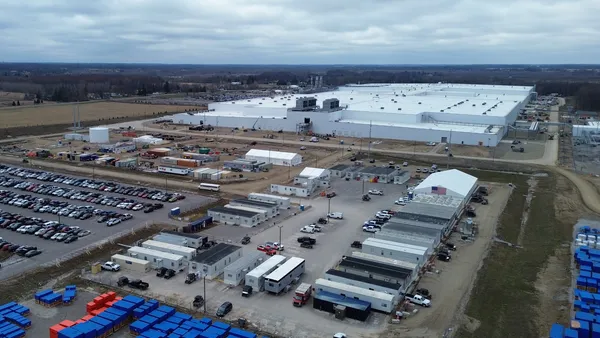Nissan said it will eliminate tiered wages for production technicians, the company confirmed in an email. It will also increase top pay rates for production workers, maintenance, and tool and die technicians. All changes are effective Jan. 8.
The automaker will implement wage hikes across all U.S. manufacturing facilities, Nissan said. It has three U.S. manufacturing facilities in Smyrna and Decherd, Tennessee, and Canton, Mississippi.
In total, around 9,000 Nissan workers in the U.S. will receive a wage increase, the company confirmed.
“These changes are rooted in our ongoing strategy to attract and retain top talent within the industry,” a Nissan spokesperson said in an email.
Nissan's decision to increase wages follows similar moves by Toyota, Honda, Hyundai and Subaru, which have raised wages for nonunionized production workers in the U.S. after the record labor agreements the UAW reached with the Big Three.
The UAW’s new labor contracts with General Motors, Ford and Stellantis include base wage increases of 25% over four and a half years, a reduced timeline to reach top wages from eight to three years, reinstated cost-of-living adjustments and the right to strike over plant closures.
Now that the UAW strike has ended and the union secured significant wage increases for its members, UAW President Shawn Fain said last month that it would attempt to organize nonunionized workers in the U.S.
“One of our biggest goals coming out of this historic contract victory is to organize like we’ve never organized before,” Fain said during a Facebook livestream event last month. “When we return to the bargaining table in 2028, it won’t just be with the Big Three. It will be the Big Five or Big Six.”
Over the past three years, Nissan said it increased wages several times at all three U.S. assembly plants by 12% to 18.5%. The company also reduced the time it takes to reach top-out rates from eight years to four.
Other benefit improvements include adding Juneteenth and Veterans Day as paid holidays and extending paid parental leave by an additional eight weeks to 16, which provides paid leave for both parents.












